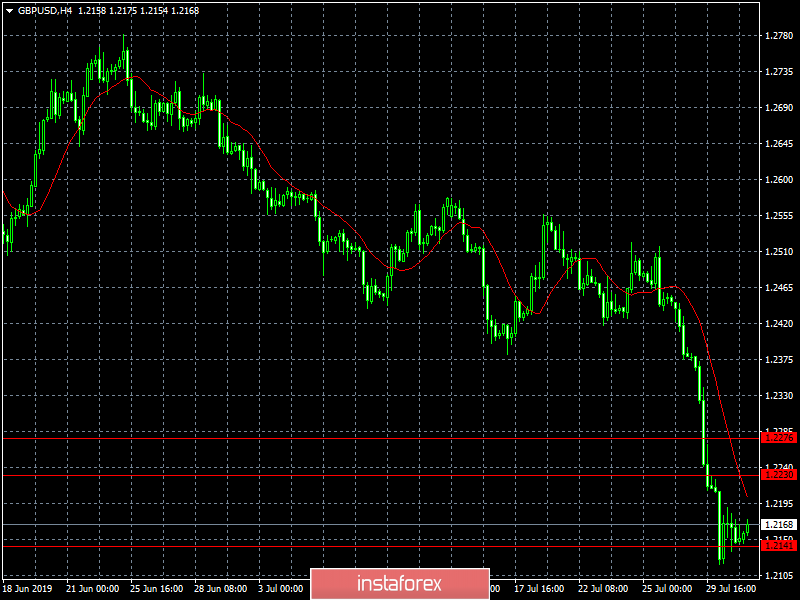As the saying goes - surprisingly near. Yesterday, the single European currency, in fact, stood in place, and the pound continued its fascinating walk in the direction of historic lows. At the same time, any macroeconomic data came out neither in Europe nor in the UK. That is, they could only be guided by American statistics and, therefore, behaved approximately equally. Although in Europe, quite interesting data was published, such as the level of consumer confidence, which grew from -7.2 to -6.6. the indicator of sentiment in the services sector, which decreased from 11.0 to 10.6, the index of business optimism in industry, which fell from -5.6 to -7.4, the sentiment index in the economy, sagging from 103.3 to 102.7, and, of course, such an important indicator as an indicator of the business climate, reduced from 0.17 to -0.12. Thus, judging by the reaction of the single European currency, not every market participant even knows about their existence. But in the United States, a whole galaxy of extremely important and significant data was published. That only cost personal income and expenses, which increased by 0.4% and 0.3%, respectively. True, they did not cause unrest, although, in theory, they indicate a possible decrease in consumer activity with a consequent decrease in retail sales and inflation. It's just a matter of revising previous data. If earlier, it was believed that revenues grew by 0.5%, and expenses by 0.4%, from which it would turn out that revenues are already growing ahead of the second month in a row, now the picture is somewhat more pleasant. It turns out that in the previous month, revenues increased by 0.4%, while expenditures increased by 0.5%. In addition, a decline of 0.7% in unfinished sales of housing was replaced by an increase of 1.6%, that is, these transactions are moving into the next month and will be reflected in the structure of GDP a little later. In other words, it is a deferred contribution to economic growth. However, at the same time, the growth rate of housing prices, according to S & P / Case-Shiller, slowed down the growth rate from 2.5% to 2.4%. Roughly speaking, everyone should have to stand still.
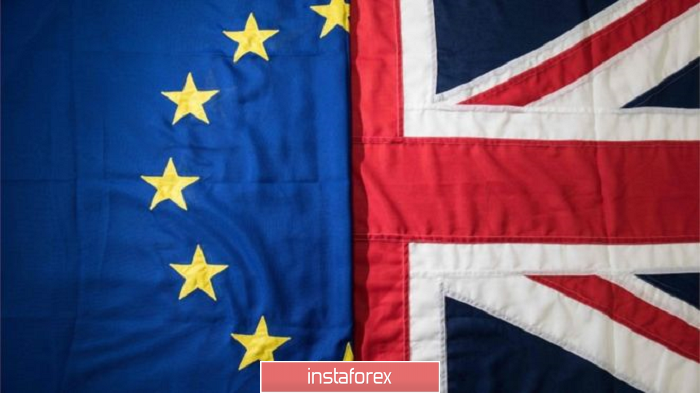
However, the boredom was dispelled by Boris Johnson, who swore to his colleague from Ireland Leo Varadkar that there would be no border with machine gunners and evil dogs on the Emerald Isle after Brexit. Well, this means that if there is no divorce agreement, to which everything is about, and then Ireland and Northern Ireland will become a sort of detour for duty-free trade between the European Union and the United Kingdom. That is, it seems like nothing will change, at least in the trade. Yet, this will automatically lead to the fact that a huge part of the profit will begin to settle on the Emerald Isle, simply because of its transformation into a transport hub. This will also cause other regions of the UK to lose some of their profits, but not because of the radical restructuring of all trade routes and relations with Europe, but simply due to its overflow to another region of the country. History teaches us that it is precisely such situations that start processes of disintegration of entire states with an enviable regularity. Thus, it is not surprising that investors continued to sell the pound, wanting to stay away from such stories.

Today, nationwide data on housing prices in the UK have already been released. The growth rates of which have slowed from 0.5% to 0.3%. There are also a lot of extremely important data for Europe. In particular, the unemployment rate, which, however, should remain unchanged. But what's much more interesting are the preliminary data on GDP and inflation. It is expected that in the second quarter, economic growth slowed down from 1.2% to 1.0%, which in itself is extremely unpleasant. Moreover, inflation can fall from 1.3% to 1.1%, which is generally close to a catastrophe, since it leaves little to the European Central Bank for anything other than really looking for ways to mitigate monetary policy. Well, there are more ADP data on employment, which should show its growth by 150 thousand versus 102 thousand in the previous month. So, sort of, the dollar can continue to grow.
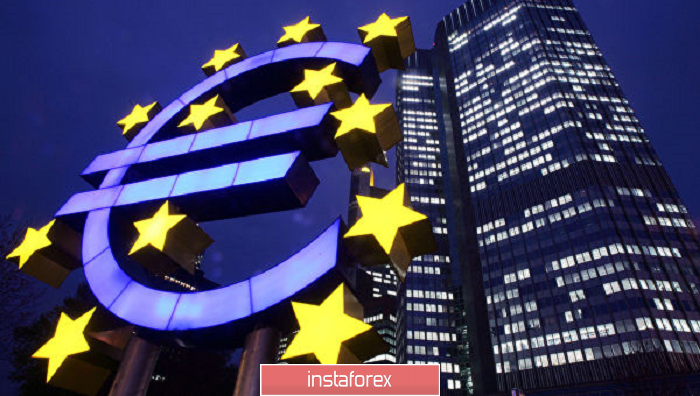
However, all this pales are against the background of the upcoming meeting of the Federal Commission on open market operations and the subsequent press conference of Jerome Powell. As a matter of fact, no one cares about any macroeconomic statistics there today. Everyone is waiting for the refinancing rate to decrease from 2.50% to 2.25%. Another thing is that everybody has long been morally ready for such a development of events, and, in theory, this should have affected the decline in the dollar. But last month, portraits of dead presidents are dedicated only to those that are becoming more expensive. To some extent, this is due to the fact that only two representatives of the Federal Reserve System spoke directly about the reduction of the refinancing rate. Jerome Powell himself did not say that. Therefore, there is some intrigue, but the possibility that the regulator decides to leave the rate unchanged, tends to zero. Also, everyone is much more concerned about not only the reduction of the refinancing rate itself, but also the further plans of the Federal Reserve System. If during his press conference, Jerome Powell even hints at the possibility of another rate cut before the end of this year, then the dollar will lose its position with a vengeance.
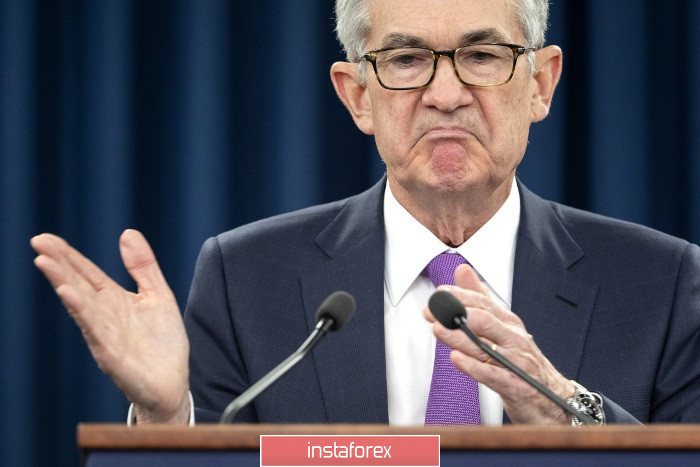
Thus, it is worth waiting for the almost one-time jump of the single European currency to at least 1.1200, with the subsequent confident inertial growth, which will be stretched in time.
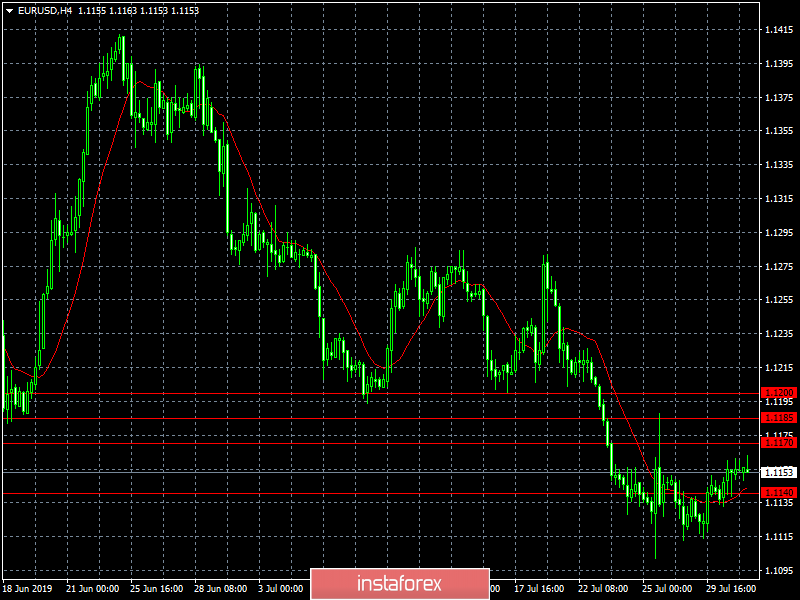
A similar picture for the pound, however, its growth is limited by fears regarding Brexit. Thus, it's worth waiting for its growth to 1.2275.
